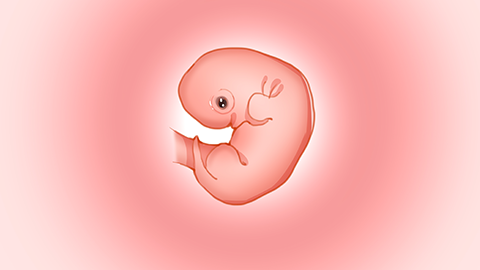Is there any impact on pregnancy if conception occurs one month after having a chest X-ray?
Generally, if a woman becomes pregnant one month after having a chest X-ray, there is usually no significant impact if she was not yet pregnant or the embryo had not implanted at the time of radiation exposure. However, if conception had already occurred and the embryo was in a sensitive developmental stage during exposure, close monitoring is recommended. If concerned, it is advisable to consult a healthcare provider early. Detailed analysis is as follows:

If the chest X-ray was performed (one month prior) before conception occurred, or if conception had taken place but the embryo had not yet successfully implanted (implantation typically occurs 7–10 days after conception), the radiation would not have affected a developing embryo. As the radiation dose from a chest X-ray is very low—far below the threshold known to cause embryonic damage—and the body has fully recovered after one month, routine prenatal checkups are sufficient after pregnancy, and excessive concern is unnecessary.
If the woman was already pregnant at the time of the chest X-ray and the embryo was in the sensitive developmental window—from implantation up to week 8 of pregnancy—there remains a theoretical risk despite the low radiation dose. In such cases, prompt medical evaluation is necessary. Ultrasound and blood hCG testing should be used to assess embryonic development, and enhanced prenatal screening should follow medical advice (e.g., Down syndrome screening, anomaly scans). Close monitoring of fetal development is essential to avoid missing critical intervention windows due to delayed detection.
If pregnancy occurs after a chest X-ray, it is important to inform the doctor about the timing of radiation exposure and current pregnancy status; do not make assumptions or become unduly anxious. During pregnancy, maintain regular prenatal visits, avoid exposure to other harmful substances (such as tobacco, alcohol, and chemicals), and maintain healthy sleep habits and nutrition to support optimal fetal development.









